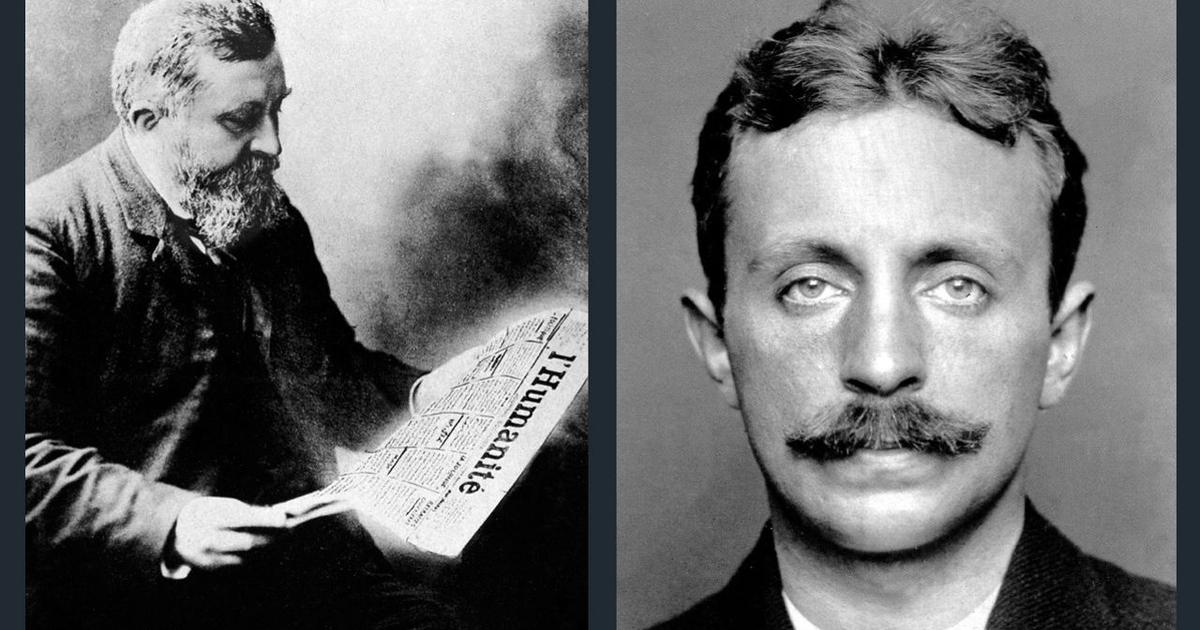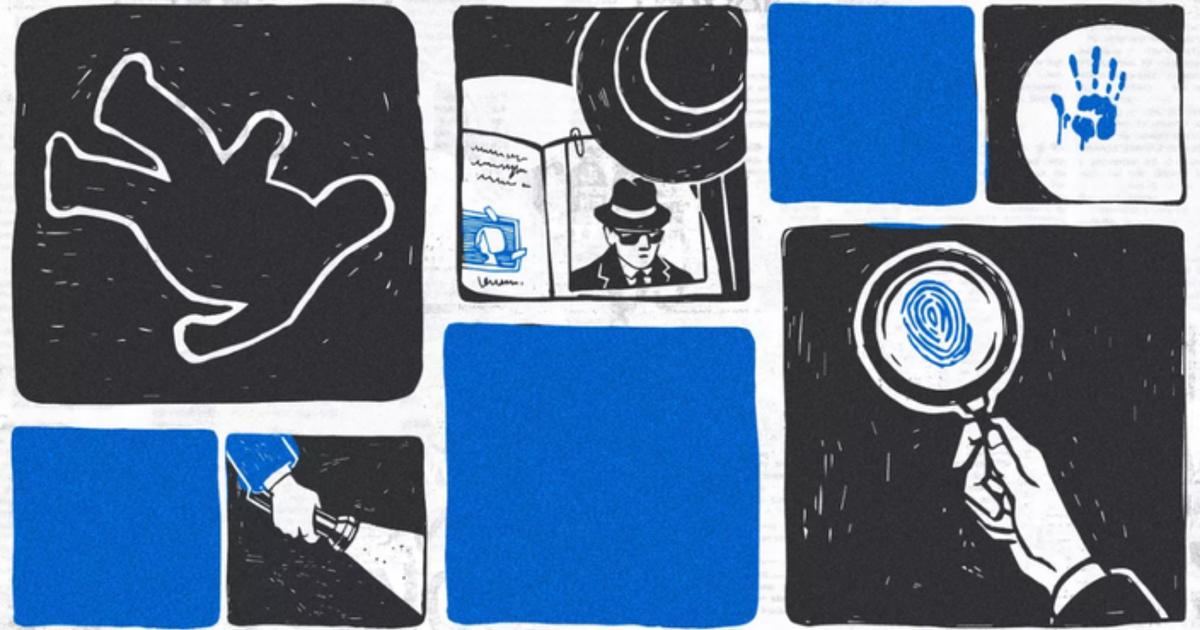Gymnast Simone Biles, during the final of the artistic gymnastics women's team at the Olympic Games.LOIC VENANCE / AFP
More information
Simone Biles is not well and the world is a little better
The Olympics are like the James Bond movies: it is not the heroes that determine their interest, but the villains.
As in the
007
saga
, the baddies of the Olympics change depending on the collective fears of the moment: Nazism in Berlin 1936, racism in Mexico 1968, terrorism in Munich 1972, the Cold War in Moscow 1980 or Los Angeles 1984.
And in Tokyo the fear of our time, mental health, has surfaced. World-class athletes like Simone Biles and Naomi Osaka have broken their silence on a long-hidden problem. According to
The Lancet
, about 1 billion people on the planet suffer from some type of mental disorder. Addictions, dementia, schizophrenia, and the two most common ailments, anxiety and depression, cause great pain to patients and their families. In addition, they cost the world economy more than two trillion a year and it is estimated that it will be more than six in 2030.
Despite the growing magnitude of the problem, governments hardly invest in mental health. On average, 2% of their budget items in health. Disregard for mental health is socially unjust, because today only the privileged who can afford expensive therapies are well served, and economically inefficient, because it is calculated that, for every euro invested in treating depression and anxiety, society obtains a benefit out of four, in better health and productivity.
Unlike the noisy collective turmoil of the past, such as totalitarianism, the epidemic of mental illness is silent. It is an internal enemy, occupying corners of our mind whose existence we did not know. But, if something experts highlight is that, if the shadows of the brain are deeper than we imagined, so are the lights of resilience. Accompanied by relatives, friends and colleagues as well as psychology and psychiatry professionals, we can emerge from the deepest wells.
And it is that, in contrast to the remedies for past threats, which went through reinforcing the individual in the face of collectivist authoritarianisms, the solution to the global mental health crisis lies in the opposite: sifting contemporary hyper-individualism, reinforcing ties with those who around us. Is not easy. It is easier to bring down a gigantic tyrant than our inner little Napoleon.
@VictorLapuente

/cloudfront-eu-central-1.images.arcpublishing.com/prisa/PJ2Y3N6UDVDYJAVGCILSWQC37M.jpg)


/cloudfront-eu-central-1.images.arcpublishing.com/prisa/O6VJSG6WH364DROLYDIMRAHFDU.jpg)



